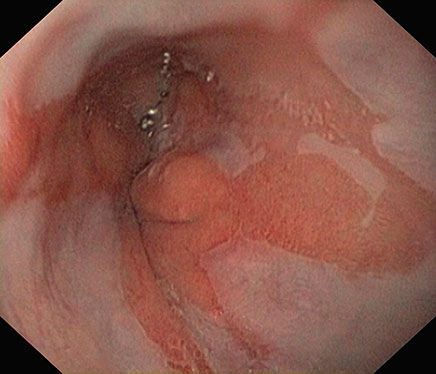Gastroesophageal reflux disease (gerd) is a digestive disorder that’s referred to as pediatric gerd when it affects young people nearly 10 percent of teens and preteens in the united states are. Gerd pediatrics. What is pediatric gastroesophageal reflux disease (ger/gerd)? the esophagus carries food from the mouth to the stomach there is a valve-type muscle called the lower esophageal sphincter that relaxes to let food pass from the esophagus into the stomach.
gerd pediatrics
Gastroesophageal reflux disease (gerd) is defined as the passage of gastric contents into the esophagus that results in troublesome symptoms or complications for the infant, child, or adolescent, and not for the caregiver alone. Mild physiologic gastroesophageal reflux (spitting-up) is an expected condition. best treated conservatively (e.g. upright for feeds) no evidence for significant cardiopulmonary complications. no increased risk of chronic lung disease, recurrent aspiration; gastroesophageal reflux disease is more severe than physiologic spitting-up. Gerd stands for gastroesophageal reflux disease. it is a more serious and long-lasting type of reflux. if your child has reflux more than twice a week for a few weeks, it could be gerd. then surgery might be an option. a pediatric gastroenterologist, a doctor who treats children who have digestive diseases, would do the surgery..

